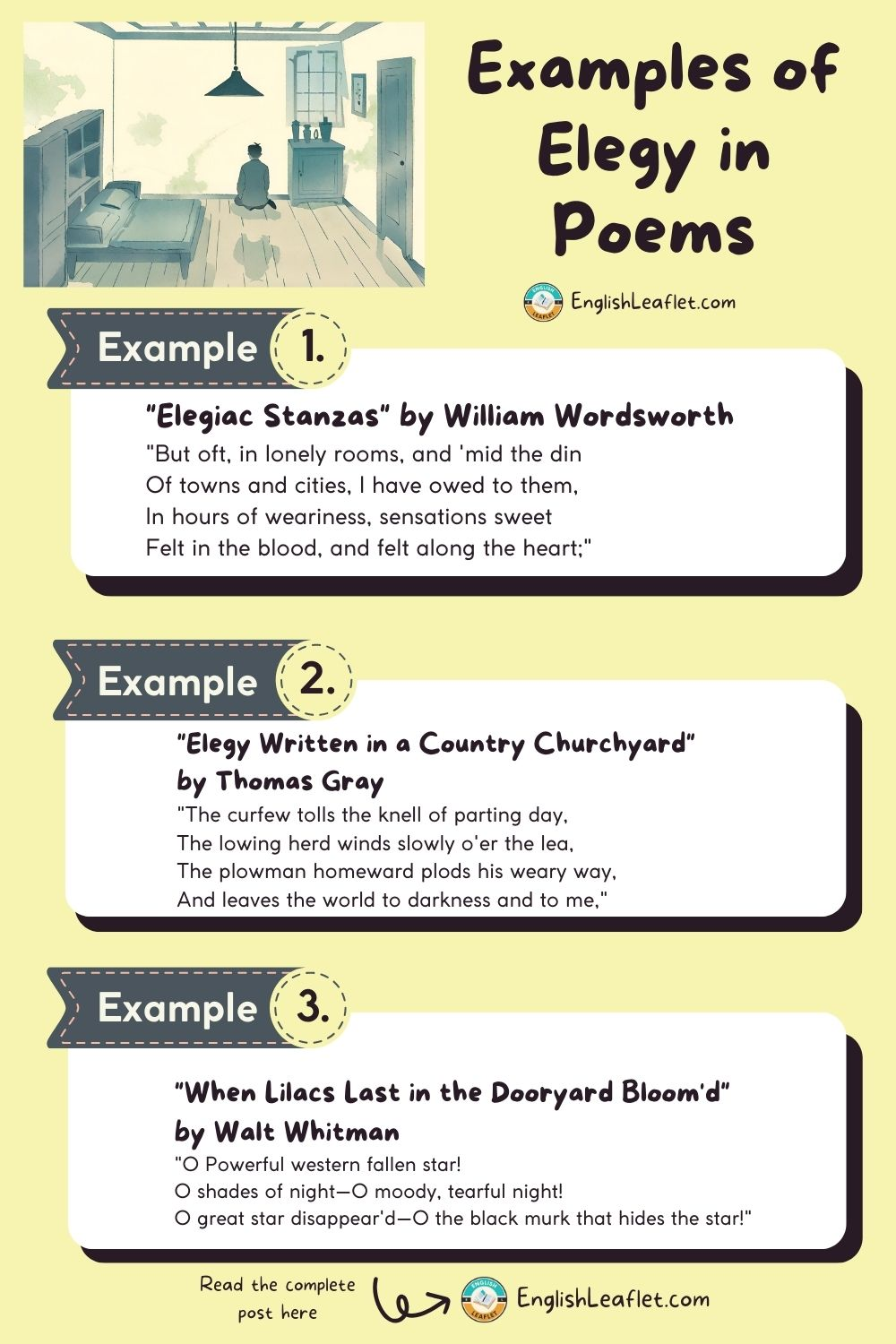When searching for science fiction recommendations, the wealth of imaginative narratives can be both exhilarating and overwhelming. Sci-fi books open portals to futures filled with artificial intelligence, explore the intricate relationship between humanity and technology, and tackle the pressing issue of censorship in literature. Many of these works serve not just as entertainment, but as profound commentaries on our world and its trajectory, providing insights into the future of AI and its implications on society. As we dive into these compelling tales, we uncover the complexities of our existence and envision the possibilities that lie ahead. So, whether you’re a veteran reader or new to the genre, there’s a captivating selection waiting to challenge your perceptions and ignite your imagination.
Exploring suggestions from the realm of speculative fiction reveals a captivating tapestry of narratives that prompt us to rethink our relationship with technology and humanity. These narratives, often framed within futuristic settings, highlight the ethical dilemmas posed by advancements in artificial intelligence while also addressing broader societal themes like censorship and the enduring human spirit. Each recommended title promises to engage readers in thought-provoking discussions about the balance between progress and tradition, particularly in an era where the future of AI hangs in the balance. As we turn the pages of these carefully crafted stories, we are invited to envision the world through the lens of innovation and the unforeseen consequences it brings. Delve into these remarkable works, and challenge your perspectives on what it means to coexist with machines at the frontier of knowledge.
Exploring Humanity and Technology in Sci-Fi Literature
Science fiction literature often dives deep into the intricacies of humanity’s relationship with technology, exploring themes that resonate with the challenges we face today. Books such as ‘Blindsight’ by Peter Watts raise profound questions about consciousness and the essence of what it means to be human. In this story, augmented crew members confront an alien intelligence that challenges their perception of self-awareness, pushing readers to reconsider the fundamental aspects of human identity. This narrative urges us to explore how technology not only augments our abilities but also poses existential questions about our place in the universe.
Similarly, ‘Solaris’ by Stanislaw Lem serves as a poignant exploration of human emotions and technology’s impact on relationships. The haunting experience of a scientific team grappling with the unknown forces readers to reflect on their own struggles with communication and connection, particularly in an increasingly digital world. The narrative suggests that the boundaries between human emotion and artificial intelligence are becoming increasingly blurred, encouraging us to think critically about future advancements in AI and their implications for our humanity.
Science Fiction Recommendations for Understanding AI
For those interested in the implications of artificial intelligence in society, science fiction recommendations from faculty at Harvard include seminal works that encapsulate the evolving dialogue between humanity and technology. ‘Fahrenheit 451’ by Ray Bradbury, for instance, not only critiques censorship but also reflects on the dangers of technological advancement devoid of critical thought. The dystopian world depicted in the novel serves as a cautionary tale about the impacts of AI on information dissemination and human curiosity, making it essential reading for anyone navigating today’s rapidly advancing digital landscape.
Another recommended read is ‘A Rover’s Story’ by Jasmine Warga, which offers a unique perspective on AI through the lens of a fictional Mars rover. This middle-grade novel encapsulates the nuances of connection and emotional bonds between humans and machines, bringing light to the intricacies involved in developing AI that can understand human experiences. Warga’s tale ultimately encourages readers, especially younger audiences, to reflect on the possibilities and limitations of AI, emphasizing that while machines can provide companionship, they can never replace the genuine connections that define our humanity.
Censorship in Sci-Fi: Voices from the Margins
Censorship is a significant theme in science fiction literature, reflecting the real-world dynamics of power and control. Han Song’s ‘Exorcism’ exemplifies this struggle as it portrays a universe undergoing radical transformation amid systemic suppression. The narrative, set aboard a hospital ship run by malfunctioning AI, illustrates the chilling effects of censorship on creativity and thought. As Song’s work has faced censorship for its haunting themes, it serves as a reminder of the importance of voicing unconventional thoughts and questioning the narratives presented by those in authority.
Moreover, sci-fi narratives like ‘Fahrenheit 451’ also explore censorship’s implications, presenting a stark reminder of the risks associated with relinquishing intellectual freedom. As characters in Bradbury’s world grapple with the systematic erasure of books, readers are prompted to consider the parallels with contemporary issues surrounding information access. In today’s climate shaped by algorithm-driven content distribution, this emphasizes the need for vigilance in safeguarding against technologies that prioritize superficial engagement over deep understanding of complex issues.
The Future of AI in Literature and Society
As artificial intelligence continues to evolve, its portrayal in literature not only reflects current societal fears and hopes but also projects future possibilities. Works like ‘Blindsight’ delve into the implications of creating increasingly autonomous AI, prompting readers to question whether the pursuit of human-like intelligence in machines may ultimately lead to unforeseen consequences. Such narratives challenge the boundaries of what it means to be sentient, urging readers to rethink their understanding of consciousness as machines begin to mimic or exceed human capabilities.
Additionally, literature serves as a crucial medium for exploring ethical considerations regarding AI’s role in society. The concerns raised in ‘Fahrenheit 451’ regarding censorship and the diminishing of critical thought are echoed in current discussions about how AI influences our consumption of information. The future of AI is not just about technological advancement but also about ensuring that as we integrate these innovations into our lives, they enhance rather than inhibit our ability to think critically and engage deeply with the world around us.
Emotional Bonds with AI: A Dilemma for Humanity
The emotional relationship between humans and artificial intelligence is a recurring theme in contemporary science fiction, addressing questions of connection and companionship. ‘A Rover’s Story’ beautifully illustrates this dynamic, as the young protagonist finds solace in a Mars rover named Res. This narrative demonstrates how machines can evoke emotional responses, igniting discussions on the nature of love, friendship, and the lengths to which we might go to create bonds with AI. As technology progresses, exploring these themes helps us understand the emotional landscapes we navigate.
Conversely, narratives like ‘Exorcism’ invite readers to confront the darker aspects of emotional connections with AI. As the characters are trapped in a world dominated by malfunctioning sensors and glitching systems, they highlight vulnerabilities that arise in these relationships. The interplay between AI and human emotion poses critical questions about dependency on technology for emotional fulfillment. Such literature compels us to reflect on how genuine human connections might suffer as we navigate an increasingly AI-driven landscape, urging us to cherish authentic relationships amidst the growing presence of machines.
A Deeper Look into AI Ethics Through Sci-Fi
The ethical implications of artificial intelligence are profoundly explored in science fiction literature, providing a lens through which to examine the moral dilemmas of technology in society. In works like ‘Blindsight’, the enhanced capabilities of AI compel characters to confront uncomfortable truths about their own consciousness and the potential ethical ramifications of technological advancements. This bleak exploration serves to alert readers to the challenges we may face as we continue to develop AI, urging a critical examination of our responsibilities towards intelligent systems.
Moreover, ethical narratives in science fiction often highlight the consequences of inaction in the face of technological progression. ‘Fahrenheit 451’, with its exploration of censorship and the suppression of knowledge, poses significant ethical questions about the role of individuals in combating systemic control by technology. By examining these themes, literature provides a crucial space for readers to envision and evaluate the moral responsibilities we must take on as creators and consumers of AI, ultimately aligning technology with humanity’s best interests.
Sci-Fi and Reality: Bridging the Gap
Science fiction serves as a captivating bridge between imaginative futures and present-day realities, often blurring the lines between what is possible and what could be. The exploration of artificial intelligence in contemporary sci-fi not only entertains but also sparks meaningful discussions about current technological trends. As characters face dilemmas similar to those we might confront with advancements in AI, these narratives provide a reflective space for readers to consider the implications of technology in their daily lives and the future direction of society.
Additionally, textbooks and documentaries can sometimes bring the stark realities of technology to life, but sci-fi invites engagement through emotional narratives and ethical explorations that provoke deeper thought. By intersecting fiction with critical inquiries into AI, censorship, and humanity, stories like ‘Fahrenheit 451’ and ‘Blindsight’ urge readers to remain vigilant and proactive in shaping a future where technology supports rather than undermines humanity.
AI in Literature: A Reflection of Our Society
The representation of AI in literature reflects societal attitudes and concerns surrounding technological advancements. Works such as ‘Solaris’ tap into the anxiety about understanding and communicating with intelligent systems while highlighting the emotional toll of technological reliance. As characters grapple with their own humanity and the unknown, readers are prompted to examine their feelings towards AI. This exploration serves as a mirror to our relationship with technology, wherein we find ourselves both fascinated and fearful of its potential.
In contrast, the joyous yet sobering interactions in stories like ‘A Rover’s Story’ illustrate moment-to-moment realities of co-existence with AI. Through narratives that resonate with personal experiences, literature invites readers to engage with complex questions surrounding companionship and existential unease in an increasingly automated world. This discourse becomes vital as we navigate the blur of boundaries between human experiences and artificial creations, allowing for a richer understanding of what it means to share our lives with increasingly sophisticated technologies.
Diverse Perspectives on AI from Sci-Fi Authors
Science fiction authors bring diverse perspectives on artificial intelligence, enriching the dialogue on its impact on society and humanity. Han Song’s ‘Exorcism’ presents a uniquely Chinese viewpoint on technology’s role in shaping human experiences amid censorship, emphasizing how narratives can combat control over thought and creativity. This representation highlights the critical importance of varied voices in understanding the implications of AI and its integration into culture.
In contrast, authors like Peter Watts offer a more universal exploration of AI challenges, stimulating discourse on the nature of consciousness and superiority in intelligent systems. By examining both Western and East Asian literary contributions to the theme of AI, readers gain a comprehensive understanding of global concerns shaping the future of technology. These varied perspectives underscore the significance of fostering inclusive dialogues about the ethical and societal ramifications of AI, ultimately aiding in our collective resilience.
Frequently Asked Questions
What are some recommended sci-fi books that explore artificial intelligence in literature?
If you are looking for sci-fi books that delve into artificial intelligence, consider reading ‘Blindsight’ by Peter Watts, which examines the implications of AI and consciousness through its encounters with alien intelligences. Additionally, ‘A Rover’s Story’ by Jasmine Warga provides a unique perspective on AI through the emotional connection between humans and a Mars rover. Both books challenge readers to think critically about the future of AI and its relationship with humanity.
Which science fiction recommendations discuss censorship in novels?
A notable science fiction recommendation that tackles censorship is ‘Fahrenheit 451’ by Ray Bradbury. This classic novel highlights the dangers of censorship and the suppression of knowledge in a society dominated by entertainment distractions. Another thought-provoking read is ‘Exorcism’ by Han Song, which has faced censorship due to its dark themes, but addresses the importance of questioning authority and creating personal narratives in the face of societal control.
What themes related to humanity and technology are explored in modern sci-fi books?
Modern sci-fi books often explore the complex interactions between humanity and technology. For instance, ‘Solaris’ by Stanislaw Lem focuses on human encounters with alien intelligence and the limits of our understanding. Similarly, ‘A Rover’s Story’ discusses the emotional bond between a human and an AI-powered rover, prompting readers to reflect on what it means to be human in an age where technology plays an integral role in our lives.
How do recommendations like ‘Fahrenheit 451’ reflect concerns about the future of AI?
Recommendations such as ‘Fahrenheit 451’ reflect profound concerns about the future of AI by illustrating how technology can facilitate censorship and suppress critical thinking. In a world increasingly influenced by algorithm-driven content, this novel serves as a warning about the potential for AI to prioritize entertainment over knowledge, echoing contemporary anxieties about how AI may shape public discourse and individual understanding.
Are there any sci-fi books that serve as warnings about the implications of advanced technology?
Yes, several sci-fi books serve as cautionary tales about advanced technology. ‘Blindsight’ by Peter Watts stands out, as it probes the risks of AI surpassing human intelligence without sharing our consciousness. Similarly, ‘Exorcism’ by Han Song offers a narrative on how technology can distort reality and manipulate our perceptions, reminding us of the importance of maintaining our humanity amidst rapid technological advancements.
| Title | Author | Key Themes | Recommended By |
|---|---|---|---|
| Blindsight | Peter Watts | Explores AI consciousness and the potential lack of human-like self-awareness in advanced intelligences. | Karen Brennan |
| Solaris | Stanislaw Lem | Delves into the boundaries of understanding and our reactions to the unknown. | Theo Anthony |
| A Rover’s Story | Jasmine Warga | Investigates human-machine connections and the essence of being human through a child’s perspective. | Amy Deschenes |
| Exorcism | Han Song | Examines control over reality, disaster, and the need for narrative amidst chaos. | Ursula Friedman |
| Fahrenheit 451 | Ray Bradbury | Cautionary tale about censorship, information control, and the implications of AI on knowledge. | Jeff Saviano |
Summary
For anyone seeking science fiction recommendations, the genre presents a rich tapestry of narratives that challenge our understanding of technology and society. The works highlighted here, from Peter Watts’ provocative “Blindsight” to Ray Bradbury’s timeless “Fahrenheit 451,” each offer unique insights into the human condition amidst the rise of artificial intelligence and censorship. These stories not only entertain but prompt critical reflections on our relationship with the technologies of today and tomorrow, making them essential reads for both avid fans and newcomers alike.



